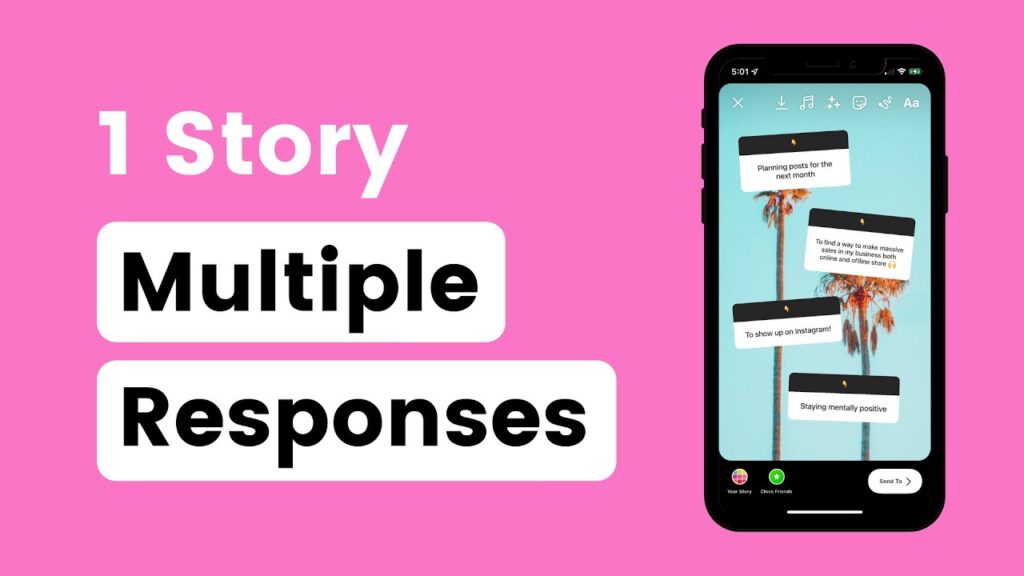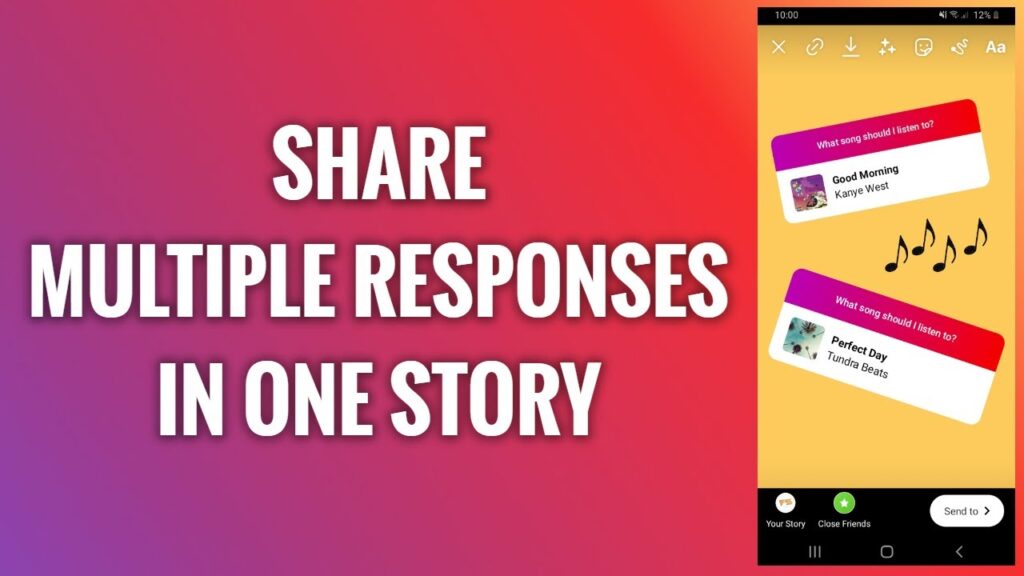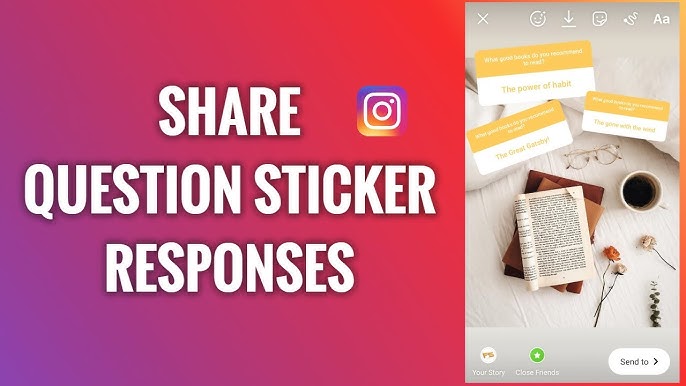Introduction
Multiple Stories In today’s fast-paced world, stories are more important than ever. Whether they come from books, films, or everyday experiences, narratives shape our understanding of the world. This article explores various types of stories, from personal anecdotes to globally significant tales, highlighting the importance of storytelling in our lives.

Table of Contents
- Why Stories Matter
- Different Types of Stories
- How Stories Influence Our Lives
- The Role of Stories in Communication
- FAQs about Storytelling
1. Why Stories Matter
Stories have been an essential part of human culture for thousands of years. They serve as a way to communicate experiences, lessons, and emotions. Whether it’s an ancient myth, a modern-day novel, or a casual chat with a friend, stories connect us to one another.
LSI Keywords: importance of storytelling, human connection, cultural significance, emotional communication
2. Different Types of Stories
There are several types of stories that serve various purposes. Each story can resonate differently depending on the audience and its message.
Personal Stories
These are narratives from one’s own life, often shared to connect with others on a personal level. Personal stories can inspire and encourage empathy.
Fictional Stories
Fictional stories, whether in books, movies, or television, allow people to explore new worlds and experiences that they might never encounter in real life.

Historical Stories
Stories based on real events from the past help us learn lessons and avoid repeating mistakes.
| Type of Story | Purpose | Example |
|---|---|---|
| Personal Stories | To share life experiences | Anecdotes, memoirs, testimonials |
| Fictional Stories | To entertain and inspire | Novels, films, short stories |
| Historical Stories | To educate and reflect | Biographies, documentaries, history books |
3. How Stories Influence Our Lives
Stories don’t just entertain; they influence our thoughts, decisions, and actions. From the stories we hear as children to the narratives that shape our society, these tales can have a profound effect on who we are.
Stories Shape Identity
We grow up listening to stories that teach us values, such as kindness, honesty, and bravery. These narratives help build our character and influence how we interact with the world.

Stories Drive Change
Some stories inspire action. Whether it’s a news report or a social media post, certain stories can spark movements or changes in society.
| Type of Influence | Impact | Example |
|---|---|---|
| Identity Formation | Teaches values and shapes behavior | Fairy tales, moral stories |
| Societal Change | Inspires activism and reform | News stories, documentaries |
4. The Role of Stories in Communication
Stories are also a powerful tool in communication. Whether it’s for marketing, education, or simply entertainment, storytelling allows people to convey complex ideas in an engaging way.
Marketing and Advertising
Brands often use stories to create emotional connections with their customers. This helps build loyalty and trust.
Education
Teachers and educators use stories to make lessons more relatable and easier to understand.
| Field | Storytelling Purpose | Example |
|---|---|---|
| Marketing | Emotional connection | Brand storytelling, advertisements |
| Education | Simplifying complex ideas | Case studies, educational videos |
5. FAQs
Q1: Why are stories so powerful?
A: Stories resonate with people because they engage emotions and offer relatable experiences. They are memorable and can influence both thoughts and behaviors.
Q2: How do stories impact society?
A: Stories can inspire social movements, spread awareness, and bring people together. They are crucial for cultural identity and social cohesion.
Q3: Can anyone be a storyteller?
A: Yes, everyone has stories to tell. Whether it’s through writing, speaking, or sharing experiences, anyone can become a storyteller with practice.
Q4: How do stories help in marketing?
A: Brands use stories to build trust with their audience. By sharing relatable narratives, companies can make their products more appealing.
Q5: Are personal stories important?
A: Personal stories help create connections and foster empathy. They remind us of our shared human experience.
Conclusion
Stories are not just a source of entertainment; they are a vital part of human existence. They help us learn, grow, and connect with one another. Whether personal or global, fictional or real, stories shape our world and influence our lives in profound ways.
By understanding the different types of stories and their impacts, we can better appreciate the power of storytelling in everyday life.
